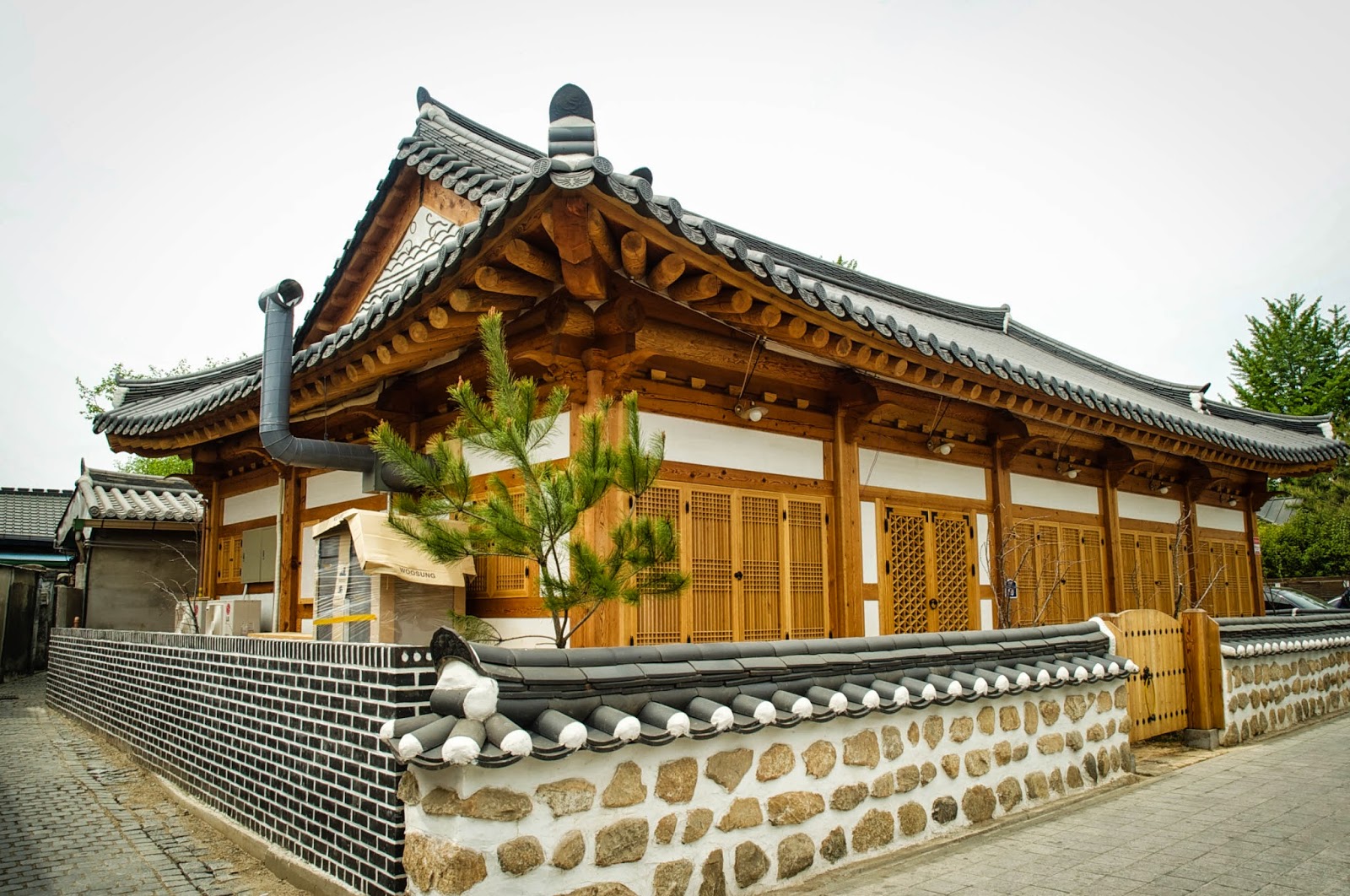Jeonju's Traditional Beauty: Hanok Villages And Food
In the heart of South Korea lies Jeonju’s hanok village, a historic site that dates back to the Joseon Dynasty. It is undeniable that Jeonju is not just a typical travel destination but a place that plays an integral role in Korea’s rich history and culture. Travelers from different parts of the world visit Jeonju to experience the customs, traditions and way of life of the Korean people dating back centuries.

The region of Jeonju is known for numerous cultural, historical, and natural attractions. It has preserved traditional Korean houses (hanoks), which provide a glimpse of the architectural style of the Joseon Dynasty. These hanoks come in various forms and sizes, each showcasing the unique blend of traditional Korean architecture and modern amenities. Visitors can take a walk through the alleys of Jeonju’s hanok village and get lost in the beauty of these charming traditional buildings, while immersing themselves in the country's rich culture.
Demographics and Culture
The region of Jeonju is located in the southwest part of South Korea and is home to over 650,000 people. Jeonju is well known for its food culture and is even designated as a UNESCO Creative City of Gastronomy. Korean cuisine, particularly its street food culture, has gained worldwide recognition in recent years, and Jeonju’s specialties such as bibimbap, kongnamul-gukbap, and kimchi hold an important place in the Korean food tradition.
Besides food, Jeonju boasts a thriving cultural scene, with numerous festivals taking place throughout the year. For example, the Jeonju International Film Festival is dedicated to promoting independent films across Asia, while the Jeonju Hanji Culture Festival celebrates the traditional Korean paper-making tradition.
Tourist Destinations
Jeonju’s hanok village is the center of tourism in Jeonju, with various attractions ranging from small galleries and busking musicians to the famous Imokdae (Imok hill) where you can get a panoramic view of Jeonju’s old city. Visitors can rent traditional hanbok (Korean attire) and stroll around the village accompanied by the haunting sound of the gayageum (Korean zither). Jeonju's Gyeonggijeon Shrine, where the portrait of King Taejo was kept, is another must-visit destination.
The Jeonju National Museum is also a site of cultural significance. Visitors can learn about the history of the Joseon dynasty, see artifacts and contemporary art exhibits, and explore the surrounding park.
Shopping and Culinary
The Jeonju Traditional Food Market is the perfect destination for food lovers. Visitors can find fresh ingredients used in Korean cuisine, local delicacies such as a type of rice cake called chal-deok and various Korean street food. Hanok Maeul Korean markets and Jeonju Nambu Market offers an opportunity for visitors to experience traditional Korean markets that have existed for centuries.
The Jeonju Hanbok Festival offers visitors a chance to try on traditional Korean attire and learn about the history and cultural significance behind it. The Jeonju Hanji Culture Festival also offers visitors the opportunity to learn how traditional Korean paper is made, participate in related workshops, and take home a handmade creation.
Tips
Jeonju is accessible by plane, train, and bus. Visitors can also rent a car or take a taxi from nearby cities. Make sure to try Jeonju's famous bibimbap and visit Jeonju’s Hanguk Theater for a chance to experience a traditional Korean performing arts. Be sure to book accommodations in advance as Jeonju is a popular destination year-round.
Jeonju’s hanok village is truly a place of historical significance and cultural importance in South Korea. Visitors can immerse themselves in the rich culture of Korea, indulge in traditional Korean cuisine, and enjoy the local festivals and markets. A visit to Jeonju's hanok village is a must-see for anyone who wants to explore the country's history and its unique cultural legacy.



Post a Comment for "Jeonju's Traditional Beauty: Hanok Villages And Food"